This may seem hard to believe, but Samsung’s already on its fourth generation of foldable smartphones. While the Galaxy Z Fold typically gets most of the attention among smartphone enthusiasts, the Flip series has proved to be the most popular, accounting for over half of all foldable smartphone sales in 2021.
Buy the Galaxy Z Flip4 and save $50 + $700 in Enhanced Trade-In value
So it’s not at all surprising that Samsung’s new Galaxy Z Flip 4 looks and feels nearly identical to its predecessor, with a few much-needed refinements that should allow it to reprise its role as the hottest foldable on the market.
Samsung Galaxy S Flip4 Specifications
- Price: $999
- Displays: 6.7-inch (foldable), 1.9-inch (cover)
- Resolution 2640 x 1080 (foldable) 260 x 512 (cover)
- Processor: Qualcomm Snapdragon 8+ Gen 1
- RAM: 8GB
- Storage: 128/256/512GB
- Battery: 3700 mAh with 25W charging, 10W Wireless Charging, 5W Power Share
- Cameras: 12MP, OIS, f/1.8 (main), 12MP, f/2.2 (ultrawide), 10MP, f/2.4 (selfie)
- Dust/Water resistance: IPX8
Design
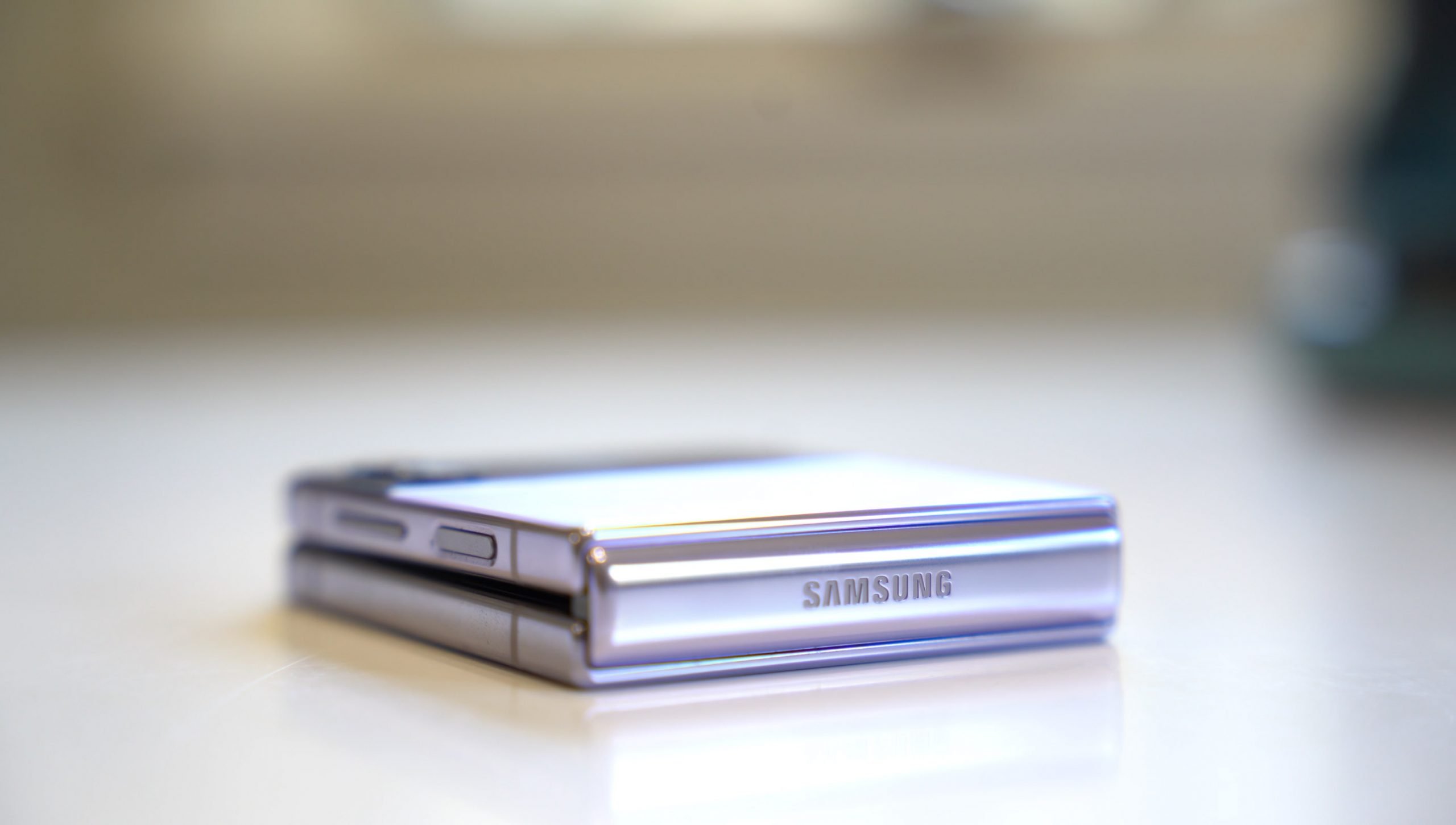
When I held the Galaxy Z Flip 3 and Z Flip 4 side-by-side for the first time, I had a hard time telling the two apart. The design differences between the two phones are quite subtle with Samsung thinning out the metal frame around the edges of the glass on the outside of the phone and shortening up the hinge by a hair.
Everything else on the outside of the phone is indistinguishable from last year’s model, save for the satin glass finish which makes the phone a lot less slippery. I will admit that my Flip 3 slipped off more surfaces than any other device I used last year. Fortunately, that’s not the case with the Flip 4.
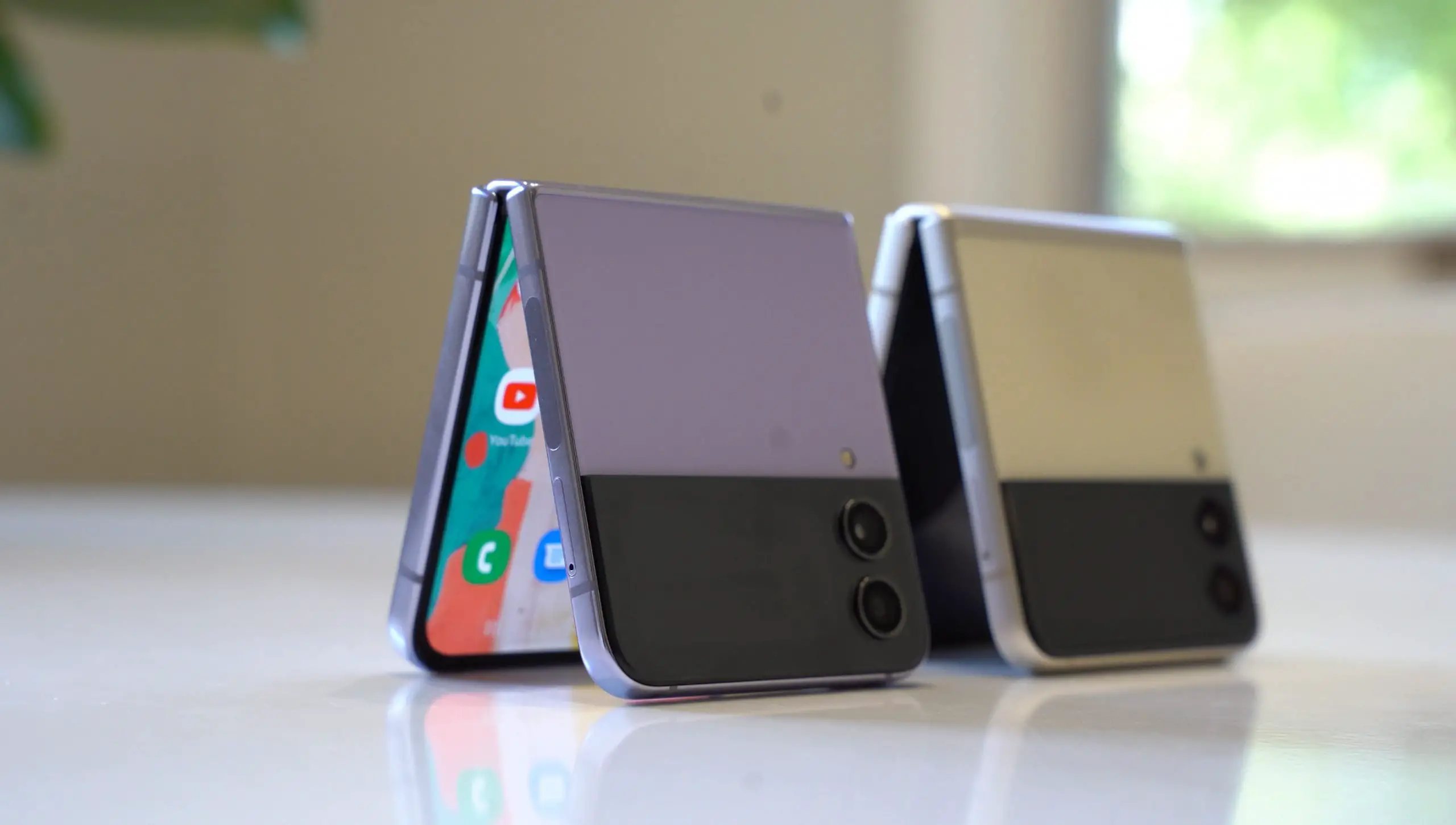
On the inside, everything appears to be identical between the Flip 3 and Flip 4. But if you take a closer look, you will notice that the plastic bezel around the display is just slightly thinner.
The phone still offers IPX8 water resistance. This means you shouldn’t have issues with the phone getting wet in the rain, but I definitely don’t recommend taking it for a swim in the pool and you better be extra careful when you go to the beach. After two weeks with the phone, I already have some dirt and grime stuck in the hinge simply from day-to-day sure and keeping the phone in my pocket.
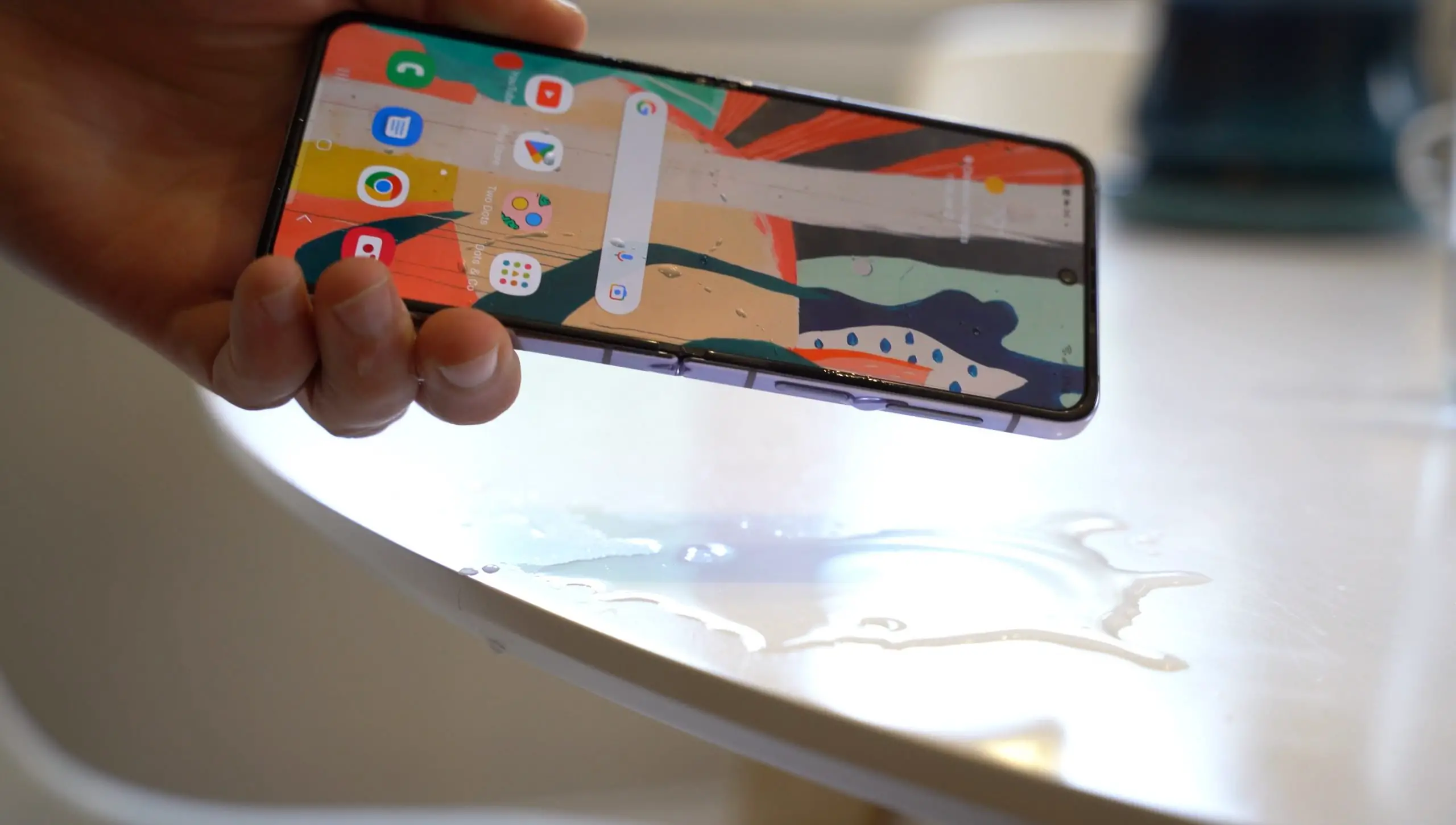
If you’re worried that this could be an issue for you, there are cases from Samsung and third parties that help cover up the hinge and keep it protected.
Besides the satin glass on the outside of the phone, most people will have a hard time noticing that anything has changed.
Display
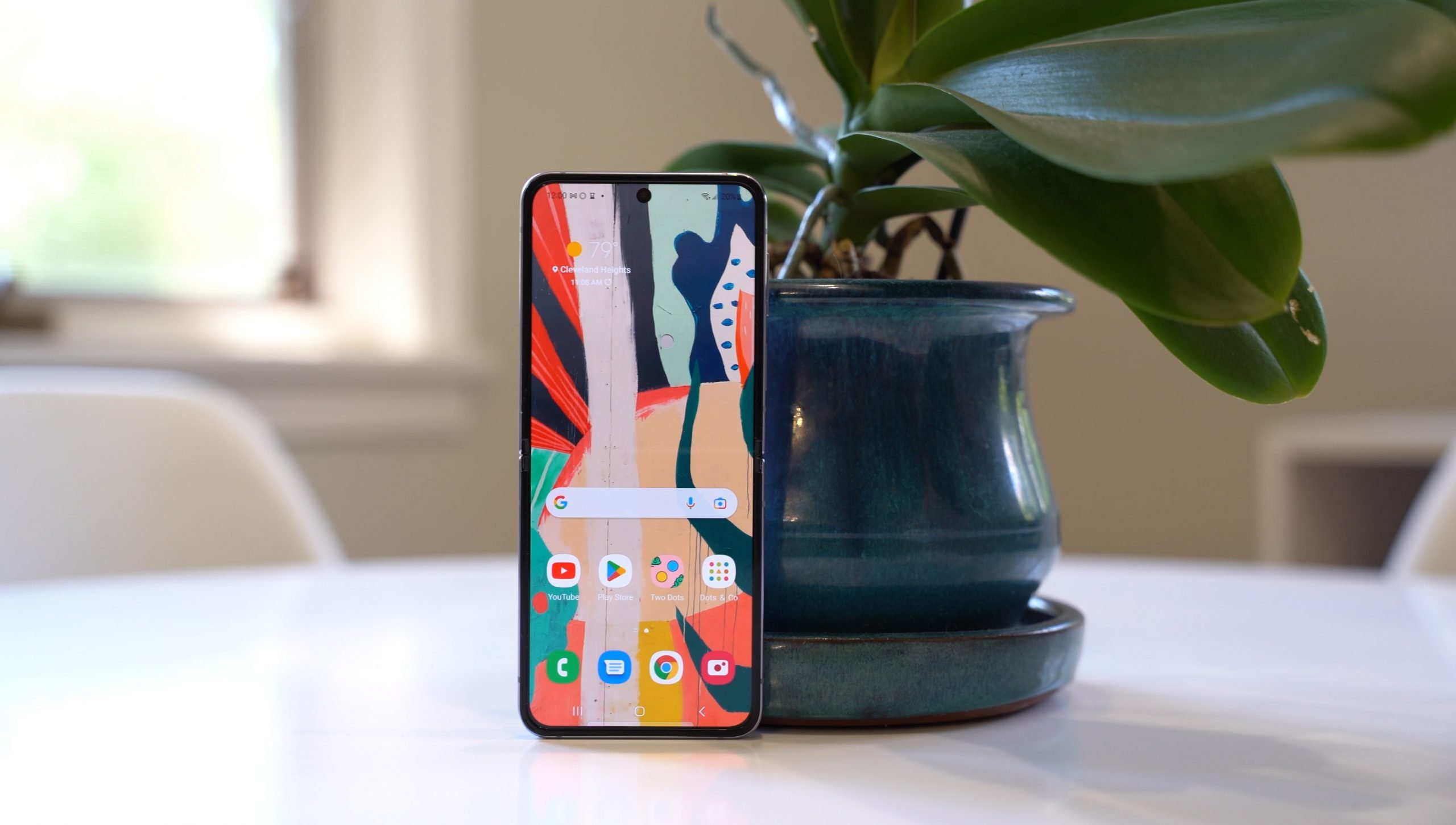
That holds true for the foldable display on the inside as well.
Samsung is using the same 6.7-inch, 2640 x 1080, foldable display on the Galaxy Fold 4 as we say on its predecessor. The protective layer has been upgraded to be a little more durable and the adhesive that keeps it in place should allow it to wear a bit better over time.
Despite the fact that this is a fourth-gen foldable smartphone from Samsung, the company is still using practically the same hinge mechanism as we’ve seen on the past few models. This means that the crease on the folding display is still prominently visible and can definitely be felt when you swipe your finger over the middle of the phone.
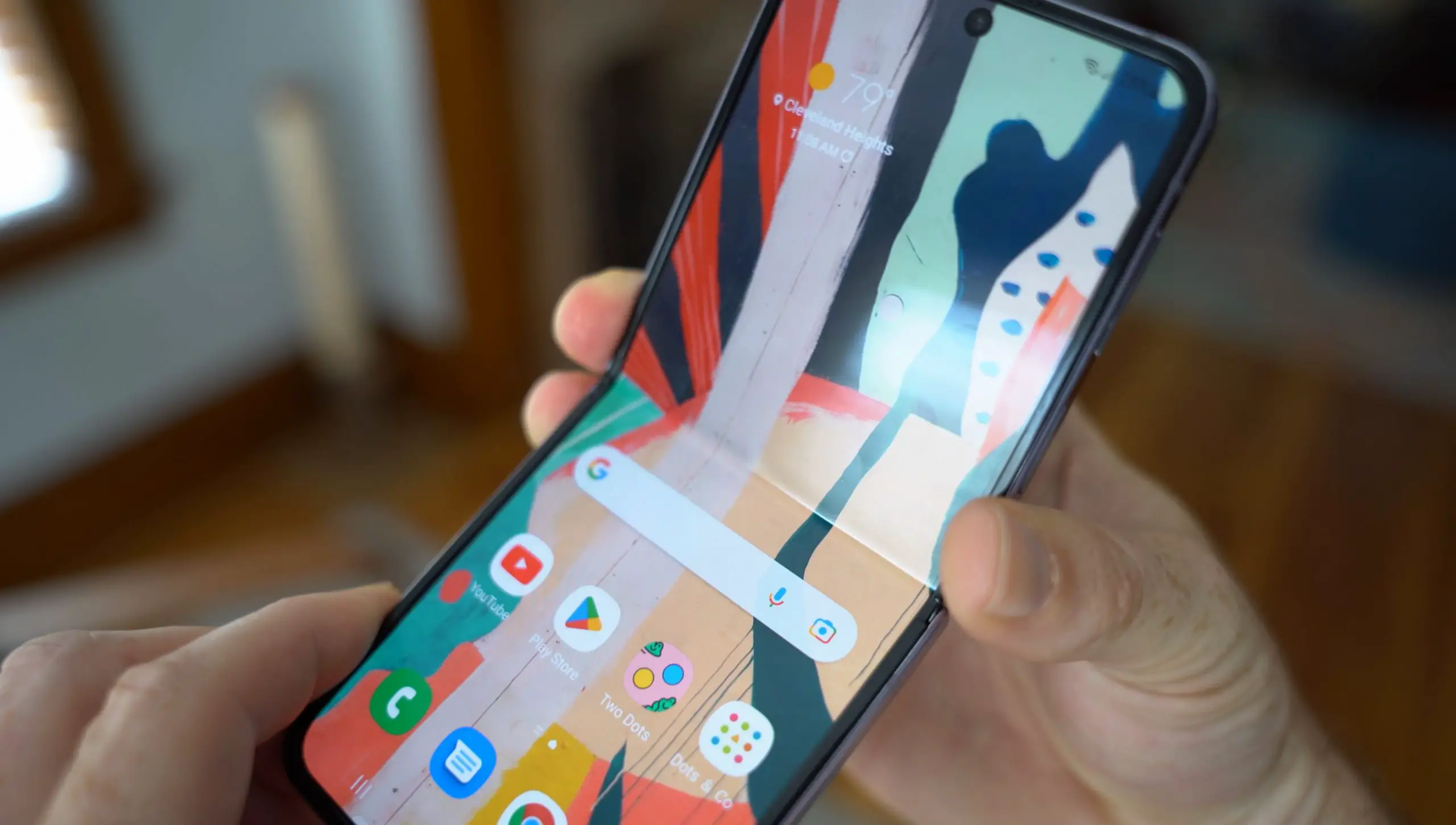
Maybe Samsung is holding out until the Galaxy Z Flip 5 to switch things up and move to the teardrop folding display design we’ve seen so many times on competing devices. Allowing the display more room to flex rather than simply folding it in half, dramatically reduces the prominence of the crease.
I’m not saying that Samsung’s approach is bad, but they could make the create less of a sticking point for those who find it annoying.
The panel is actually quite nice, with great viewing angles (as long as you’re not distracted by the crease). The 120Hz refresh rate keeps the UI looking smooth and is great for gaming as well.
Performance
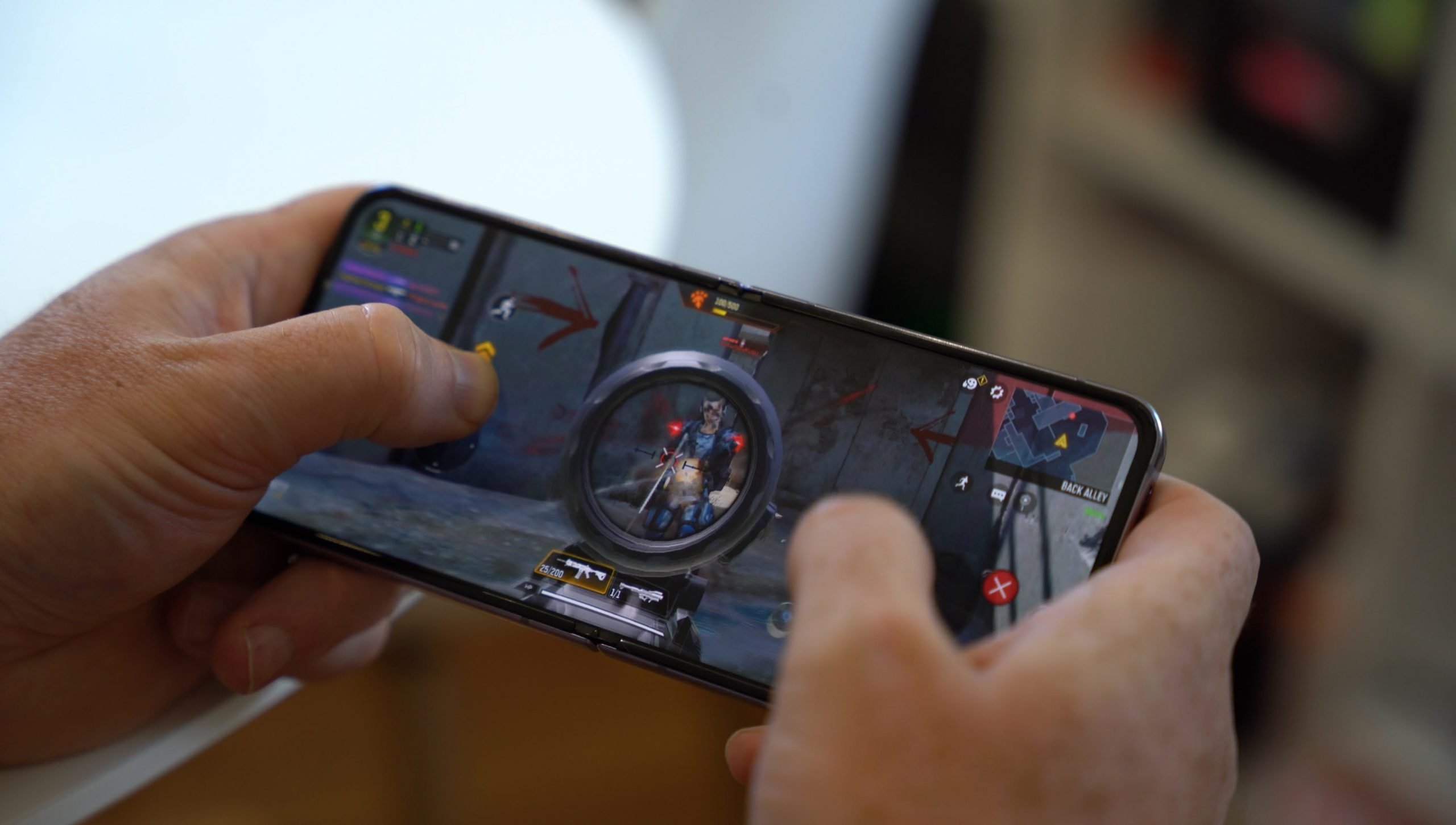
One thing you might now expect from a foldable smartphone this size is its ability to go head-to-head with some of the best devices when it comes to performance. With the new Snapdragon 8+ Gen 1 on the inside, the Flip 4 is incredibly powerful, managing to max out the settings on nearly every game I threw at it. When running benchmarks, it even managed to outclass the Samsung Galaxy S22 series.
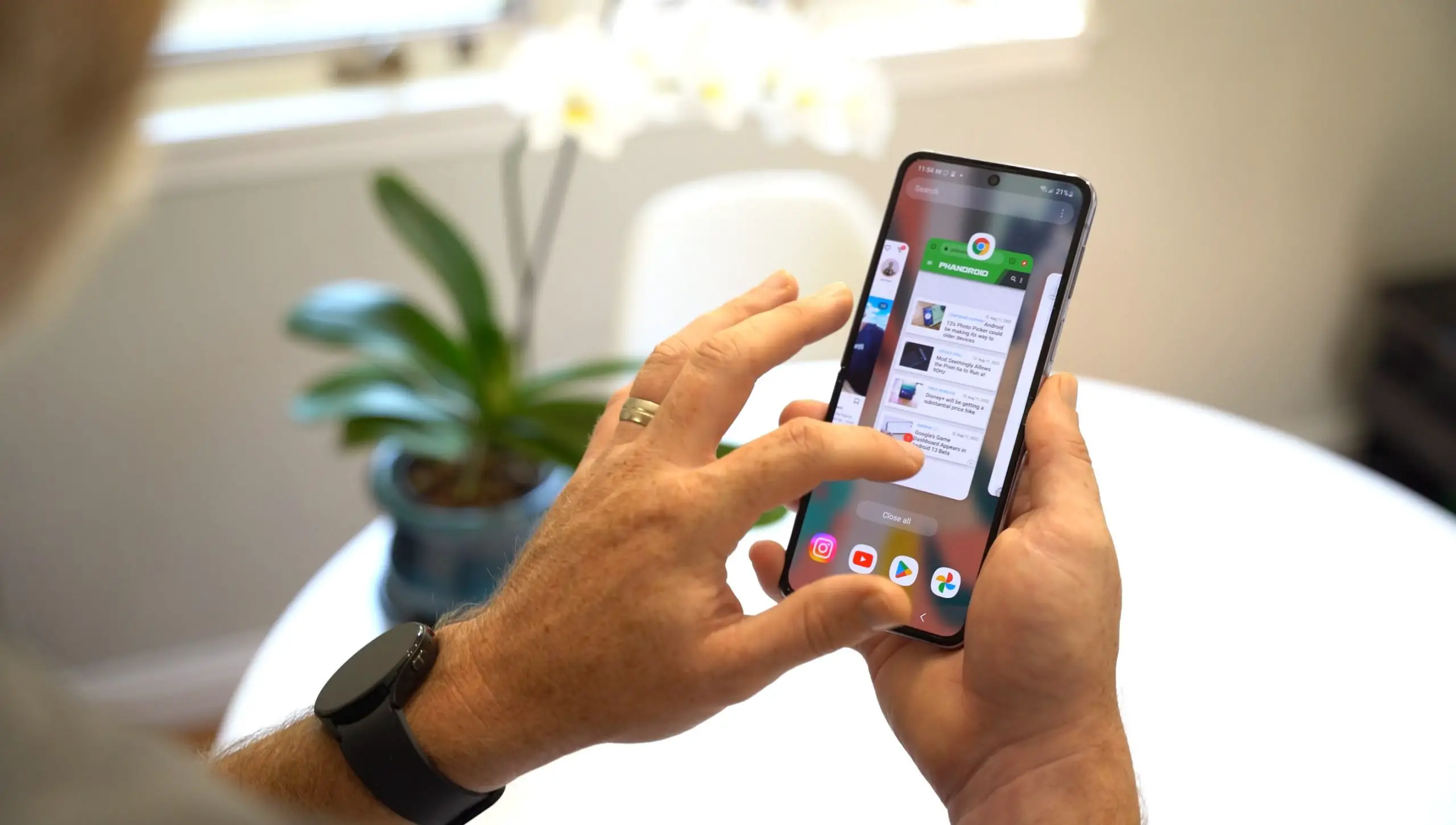
The only downside to the phone’s performance is brought on by its unique folding design. The thermal dissipation of the phone is noticeably worse than what we’ve seen on other devices running the same chipset. This means that thermal throttling kicks in sooner than expected, which isn’t ideal for gaming sessions over 10-15 minutes.
The phone’s 8GB of RAM does a decent job of keeping apps loaded in the background. I found that I could typically switch between the 6-8 apps that I use regularly throughout the day.
Software
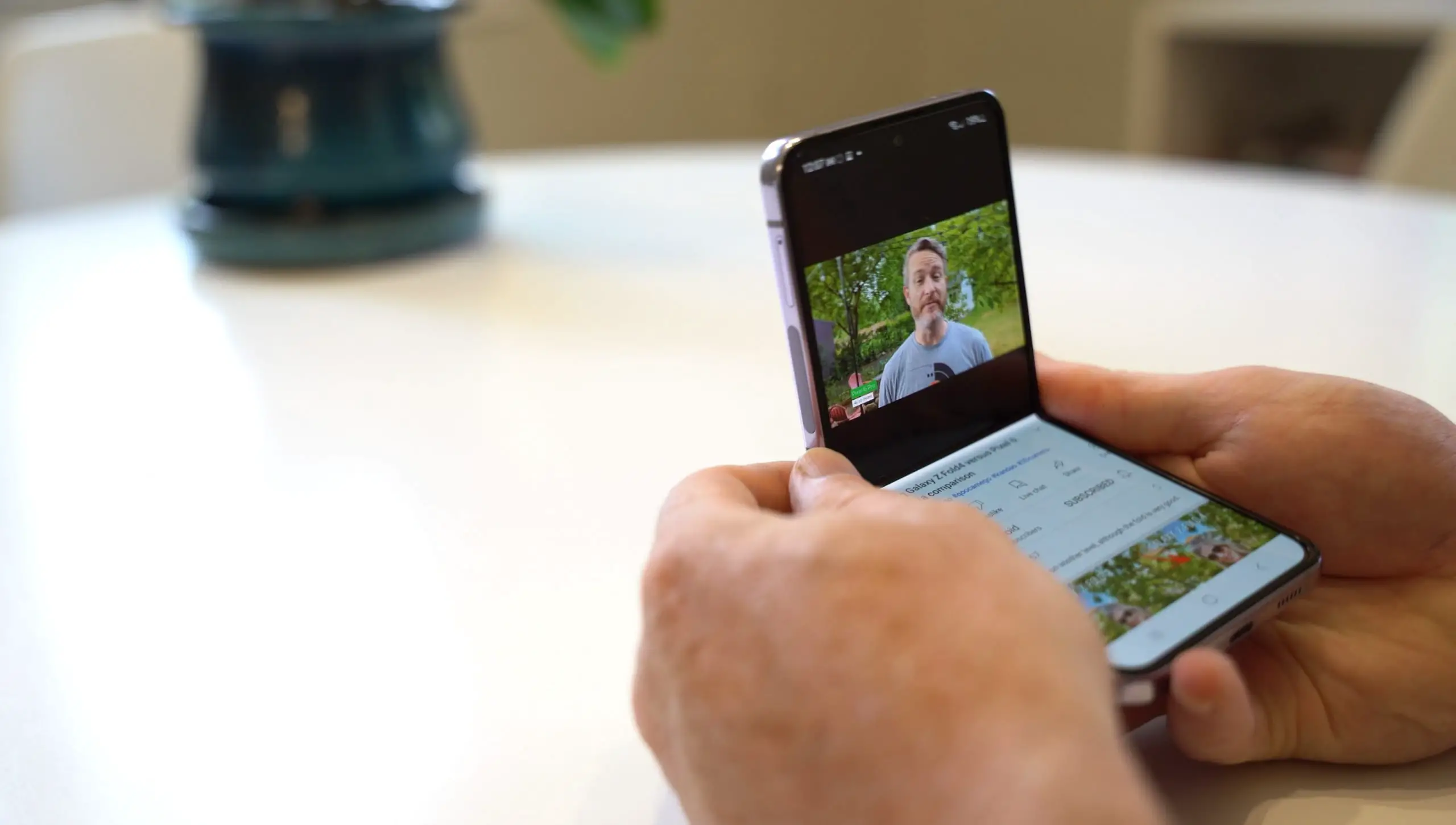
Out of the box, the Galaxy Z Flip 4 runs on Android 12 with One UI 4.1.1. While it may look similar to previous builds, there are a few new software features worth mentioning. Samsung has added new widgets to the cover display which include a new SmartThings Scene widget, the ability to unlock your car and a handful of new clocks and background customization options.
That being said, I’m still disappointed by the functionality and its limitations. The first-generation foldable RAZR from Motorola had more customization options back in 2020 than the Flip 4 has today. It’s helpful if you want to know the time or quickly check the weather, but Samsung should have increased the size of the display itself or allowed for text input so that you can quickly reply to messages without needing to open the phone and use the internal display.
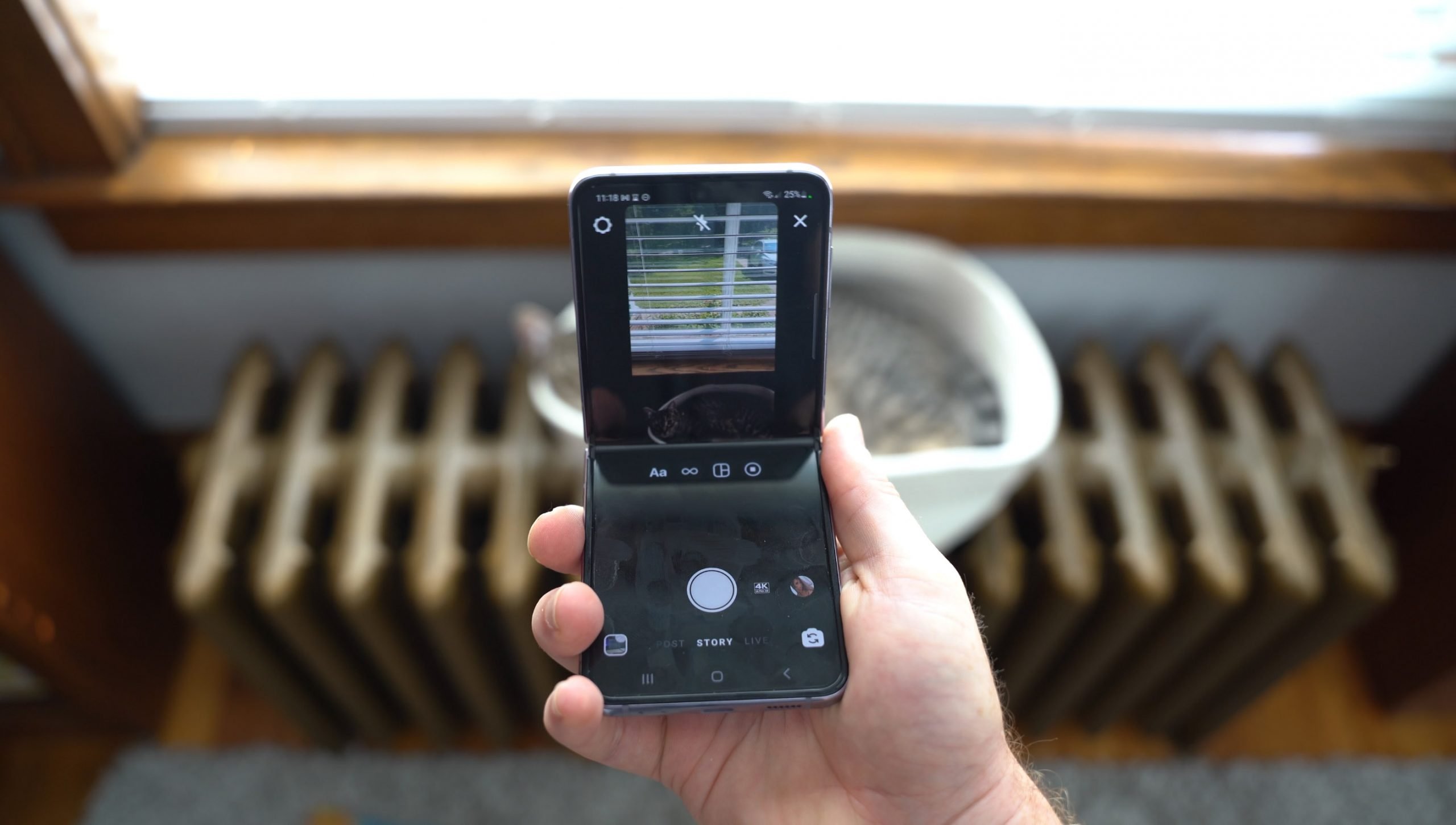
As for the software experience for the foldable display, Samsung really hasn’t changed much here either. The most notable change is the inclusion of the phone’s FlexCam feature which now works with apps like Instagram, WhatsApp and Facebook. It’s nice to see Samsung has managed to get a few additional apps to take advantage of the phone’s foldable display, but these experiences don’t really offer a better user experience than what you get on a regular smartphone.
Cameras

Cameras on the Flip are the same as last year with two 12MP sensors on the back for the main and ultrawide and a 10MP selfie shooter up front. It shoots below its weight, but the unique design definitely makes it the most versatile smartphone when it comes to capturing photos and videos of yourself.
Its folding hinge allows the flip to turn into its own stand. Just place it on a flat surface, take a few steps back and use the hand wave gesture and you’ll be capturing photos of yourself that you simply can’t get on any other smartphone. And you can do it with video as well.
The other option is to hold the phone out when closed and double-tap the power button to launch the camera. You can then swipe the cover display to change between photos and video or switch from the main camera to the ultrawide. To take a photo or start recording, just press the volume keys. Just make sure you flip the phone to record landscape video since the cover display shows the opposite orientation of what’s being captured.
As for the image quality, I’d compare it to the Galaxy S21. Shots turn out a bit over-saturated and low-light captures leave a lot to the imagination. Samsung’s choice to not upgrade the camera sensors as it did on the Galaxy Fold4 was deliberate as larger sensors would have meant a larger camera bump as well.
In most situations, the images captured by the Flip4 turn out great when using the main camera. The ultrawide is fun to play with as well, but it’s quite noticeable that it’s the weaker of the two with quite a bit of noise showing up in the shots when lighting isn’t ideal.
While the selfie camera is the same as last year’s model as well, it’s still one of the best o the market. The shots are crisp and full of detail and it’s still one of the selfie cameras on a smartphone to offer 4K video at 60FPS. Despite that, I’d still recommend using the rear cameras with the cover display if you want the best selfies you can get.
Battery & Charging
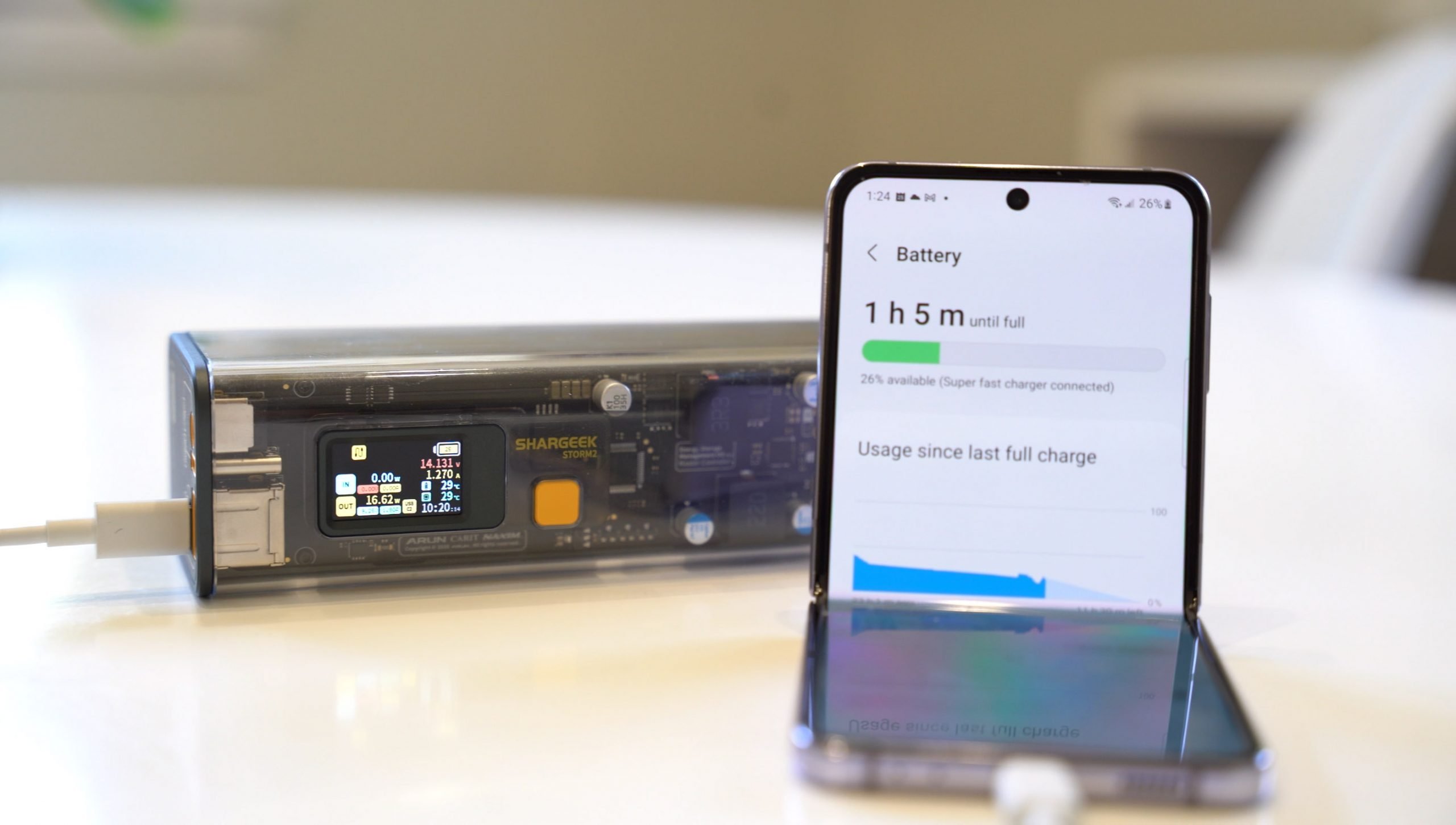
The biggest issue I had with last year’s Flip 3 was its battery life. This time around, Samsung’s sorta fixed that by cramming in a 3,700 mAh battery, which is a good 12% larger. The bump in capacity is definitely noticeable, giving the phone at least an extra hour of screen-on time in day-to-day use, but it still falls short when compared to other flagships. I found myself plugging the phone in halfway through the day when I knew I’d be out late, but on the days that I didn’t, I could typically make it 12 hours with the phone barely holding onto a 5% charge by the time I plugged it in.
Fortunately, the phone’s charging speed also get a bit of a bump this year too. This time around, we get 25W charging versus the 15W we got last time, but it still takes over an hour and 20 minutes to get this phone all the way to 100% when charging from a completely depleted battery.
The phone also offers 10W wireless charging and 4.5W reverse wireless charging, though I doubt anyone will be willing to give up any of the Flip4’s underwhelming battery life to out a friend in need.
Final Thoughts

While the Flip4 isn’t a massive leap into the future, it’s still one of the most interesting smartphones you can buy.
I wish they would have changed to a teardrop fold to help eliminate the crease or at least make it less noticeable, but with the Galaxy Flip 4, Samsung is showing that its foldable smartphones are here to stay. This phone is the ultimate refinement of last year’s model — delivering improved performance and battery life with a few subtle tweaks to the overall look and feel of the phone.
If you already own last year’s model, there’s no real reason to upgrade this year, but if you’ve been curious about foldables for a while and are finally ready to give them a try, the Galaxy Z Flip4 at $999 is definitely worth the price.
Samsung Galaxy Z Flip4 Rating: star_fullstar_fullstar_fullstar_fullstar_empty (4.1 / 5)
The Good
- Performance
- Better battery life
- Improved charging speed
- Refined design
The Bad
- Few software improvements
- Same foldable display
- Poor thermal performance

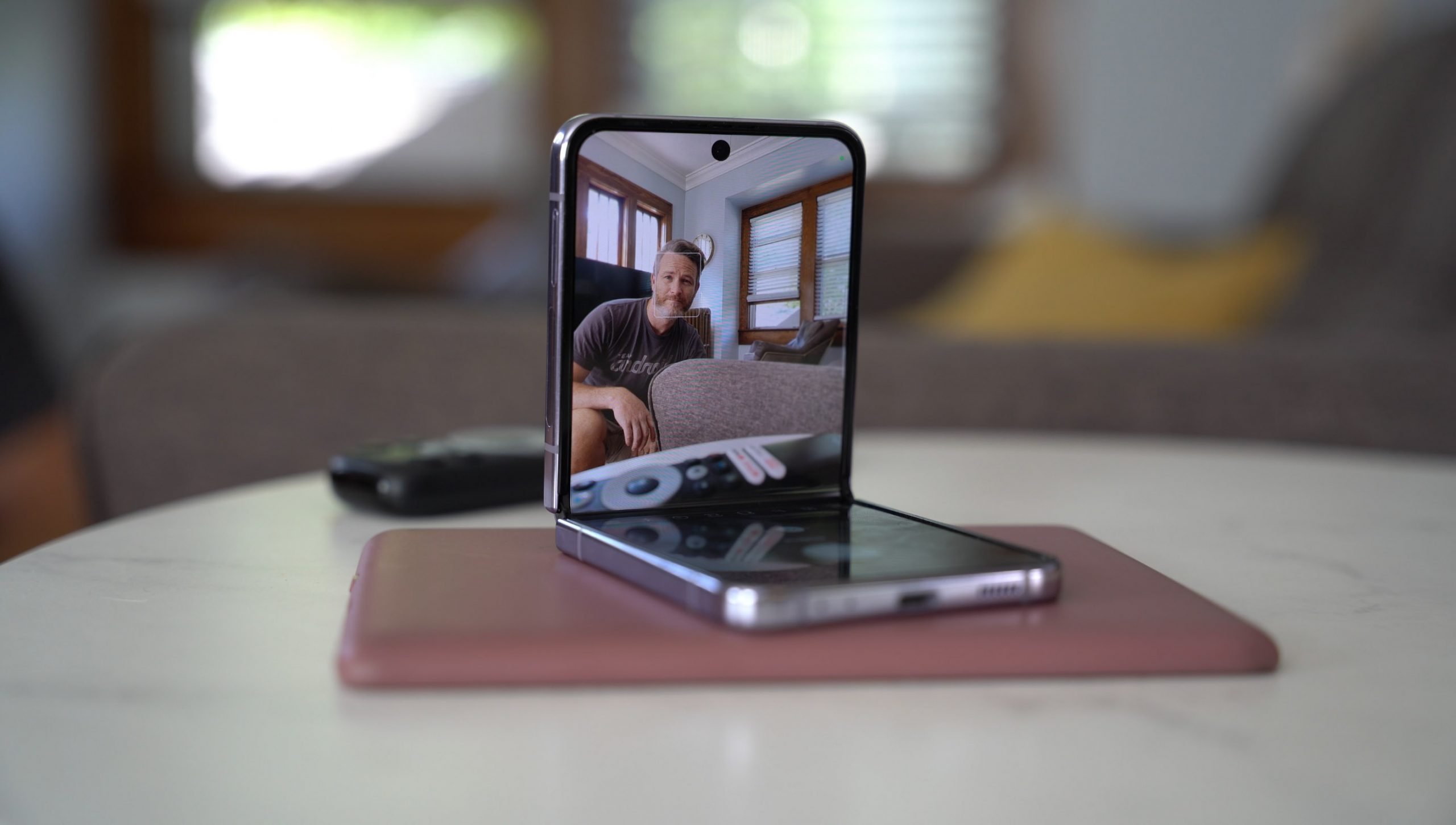






















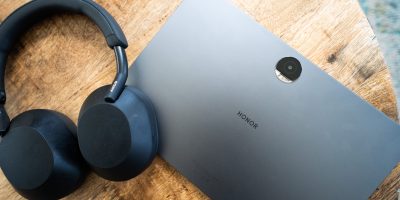
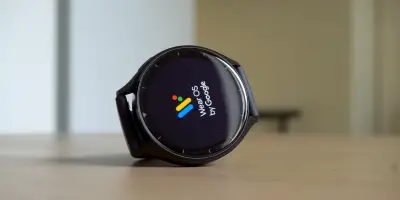
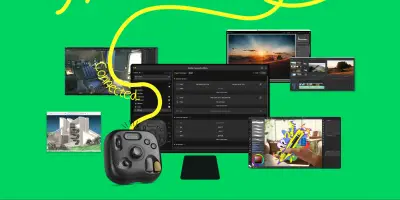
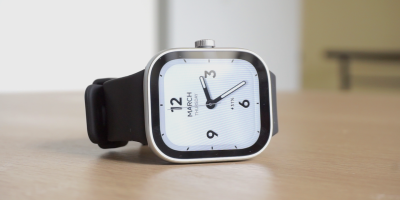
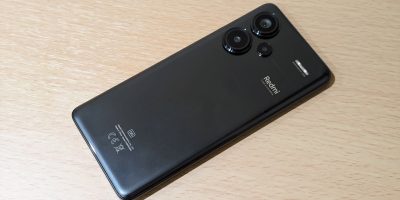
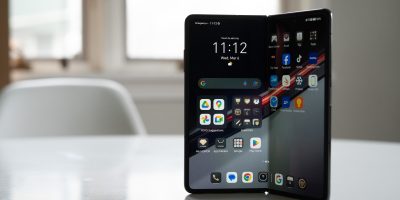
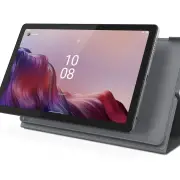
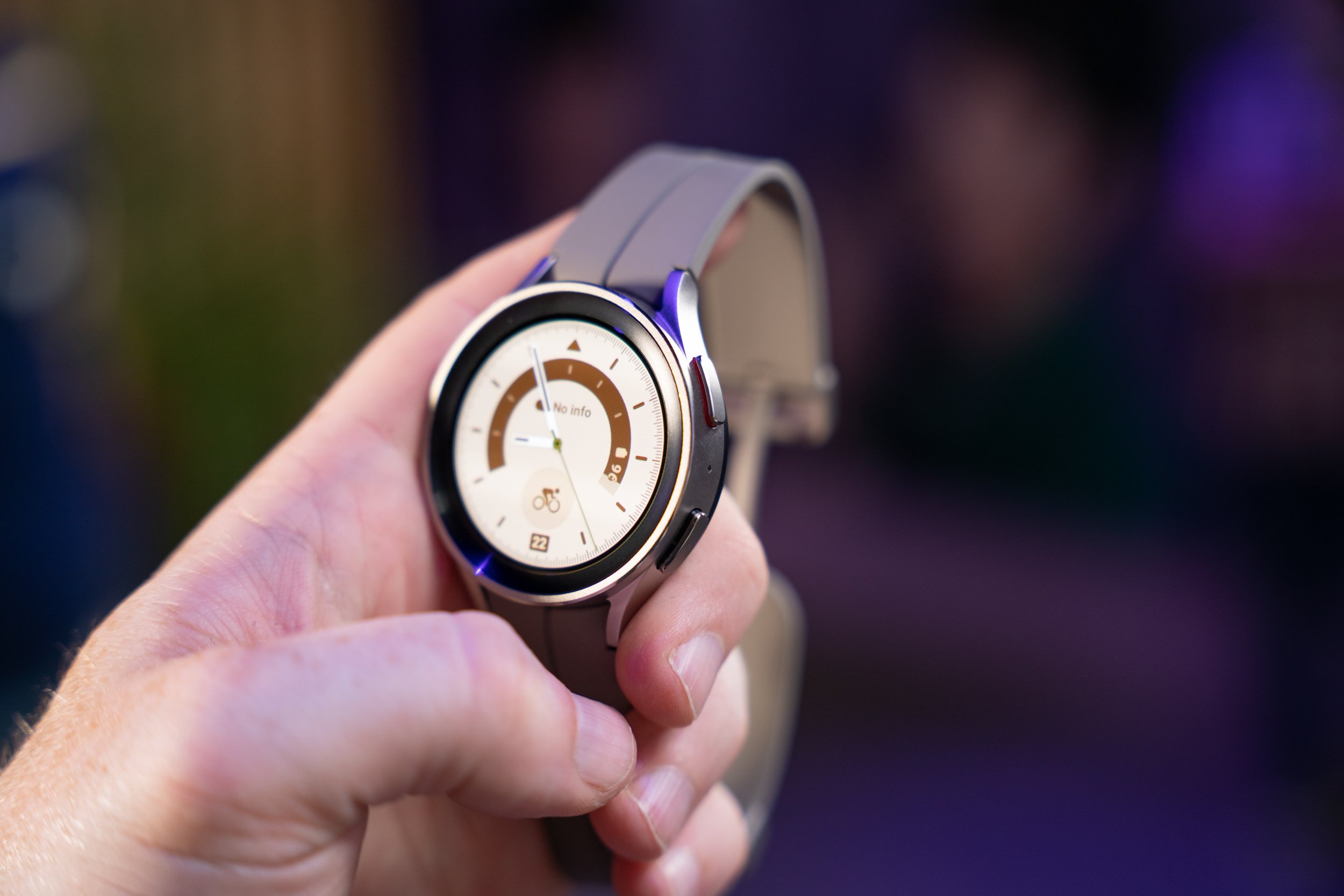
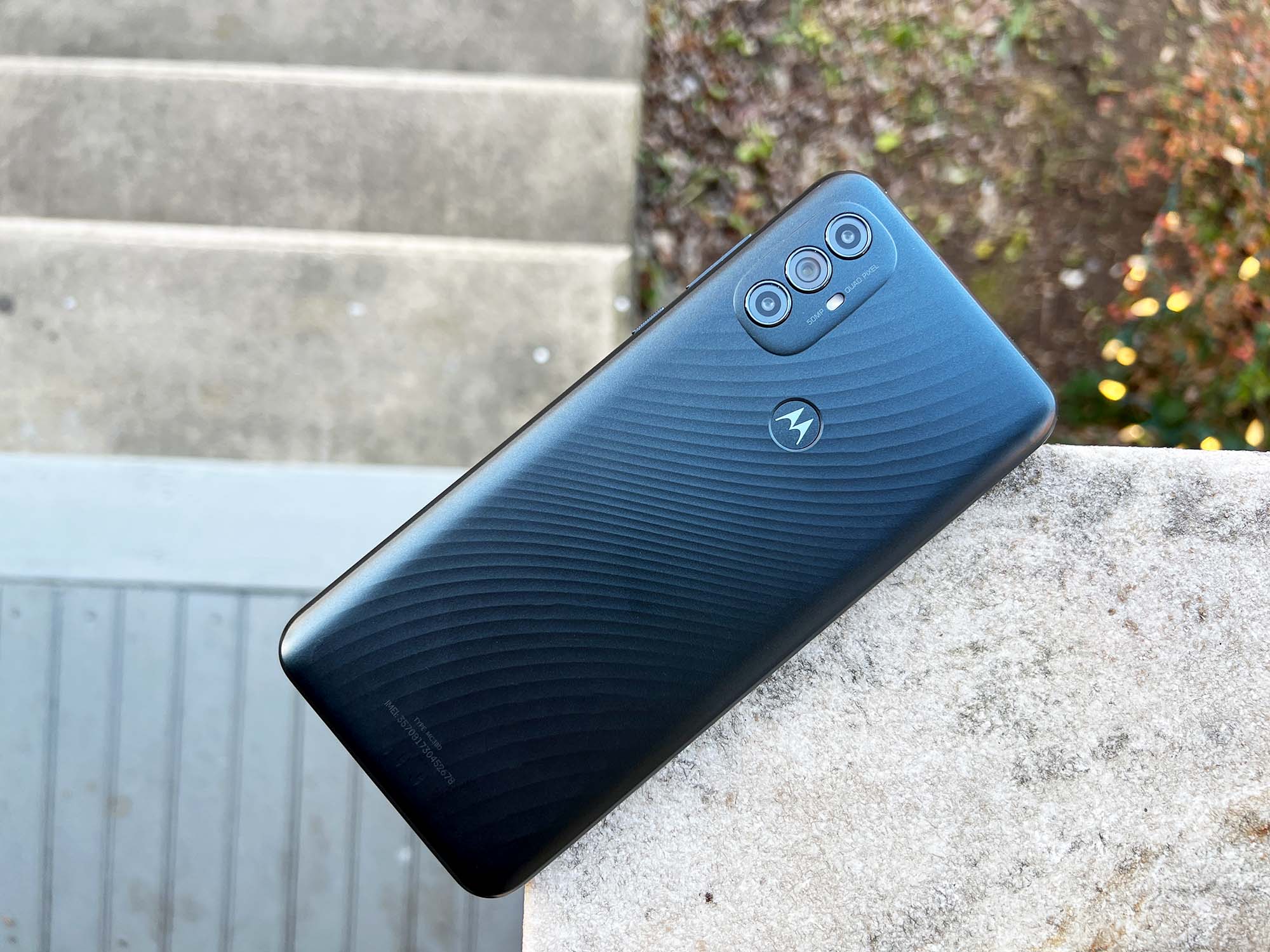

Comments